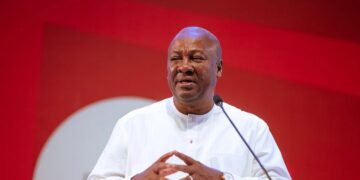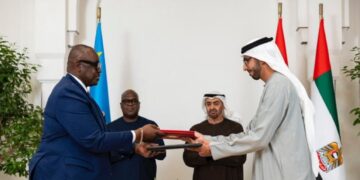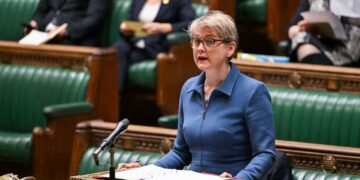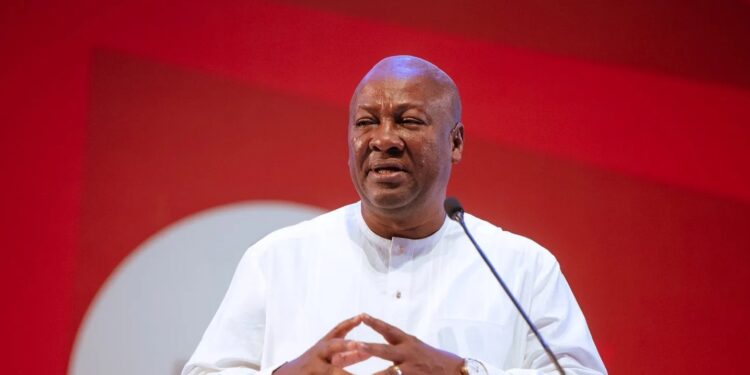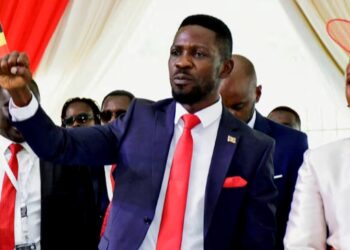By Enyichukwu Enemanna
Ghana’s President, John Dramani Mahama has said that the time to reset the African democracy and make it more accountable to the people is now, noting that the continent is tired of activities of corrupt leaders who have failed to deliver quality governance to the people.
“We need a reset of our democracy. We need a reset of our economy. We need a reset of our governance. We need to make our governance accountable. And that’s why I say anybody who wants to serve in public office must be prepared to account to the people. The people are tired of the corruption, they are tired of misgovernance, they are tired of the lack of opportunity”, he stated on Wednesday at the Goodluck Jonathan Foundation 2025 Democracy Dialogue.
The event in Ghana seeks to interrogate democratic governance in the sub-region as a means of weighing its impact on the people. It has as the theme, ‘Why Democracies Die’.
While underlying that democracy in Africa could collapse if it does not deliver development in the form of roads, schools, hospitals and jobs, he expressed displeasure that surveys continue to show that many young Africans would prefer military rule if democracy fails to address their needs.
“All the Afrobarometer surveys and other surveys… in many of these surveys, they added the question, do you prefer democratic government or would you support a coup d’état? And it was frightening to notice that a lot of our young people said they would prefer to live under a military government,” he said.
Mahama stressed that democracy cannot be sustained by rights and freedoms alone if it fails to bring real improvements to people’s lives.
“We must deliver development because democracy without development, democracy without roads, democracy without schools, hospitals, and jobs will always be at risk,” he added.
President Mahama said corruption, inequality and elite capture continue to undermine democracy and must be tackled with urgency to prevent further disillusionment, especially among the youth.
He added that the rise of new media was changing how citizens engage with governance and would play a role in shaping the future of democracy.
“We don’t have the traditional TV and radios as the main source of information now. Anybody can put a camera in front of his face and can make a commentary on anything. And so there again, how do we accommodate the new media in democratic consolidation? Maybe that might be the topic for the next Democracy Dialogue,” he said.
